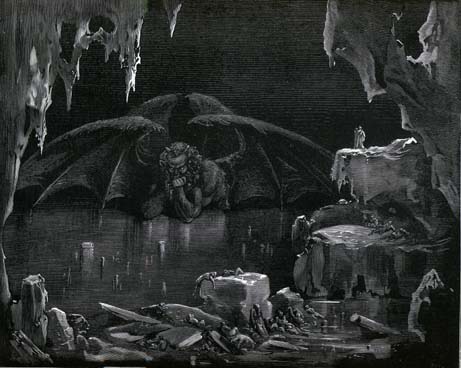As a teenager, John Kenneth Galbraith was romancing the daughter of a neighboring farmer when a bull entered a nearby corral and began servicing one of the cows.
“That looks like it would be fun,” Galbraith said.
The girl said, “Well … it’s your cow.”




